Cross Curricular
Cross-curricular working takes careful planning, but well done well it enhances learning and enables students to think beyond the confines of the school curriculum. History teachers can set up projects with other subjects as diverse as Maths, English and Art. Non-school subjects, such as Archaeology also relate well to History.
Sort by:
Date (Newest first) | Title A-Z
Show:
All |
Articles |
Podcasts |
Multipage Articles
-
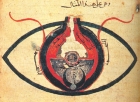
'How do ideas travel?' East meets west - and history meets science
ArticleClick to view -

Active remembrance
ArticleClick to view -

An authentic voice: perspectives on the value of listening to survivors of genocide
ArticleClick to view -

Bringing together students from Bradford and Peshawar
ArticleClick to view -
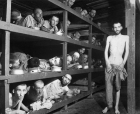
Can we educate Year 9 in genocide prevention?
ArticleClick to view -

Climate change: greening the curriculum?
ArticleClick to view -
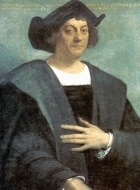
Combating a Cook-centric past through co-curricular learning
ArticleClick to view -

Confronting otherness: developing scrutiny and inference skills through drawing
ArticleClick to view -
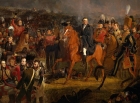
Cunning Plan 158: teaching about the history of the UK Parliament
ArticleClick to view -

Developing meaningful cross-curricular approaches
ArticleClick to view -
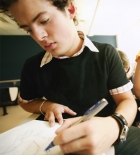
Disciplining cross-curricularity?
ArticleClick to view -

Doomed Youth: Using theatre to support teaching about the First World War
ArticleClick to view -

Employment, employability and history
ArticleClick to view -

English, history and song in Year 9: mixing enquiries for a cross-curricular approach to teaching the most able
ArticleClick to view -

Film history in the Classroom
ArticleClick to view -
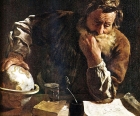
From the history of maths to the history of greatness
ArticleClick to view -

Geography in the Holocaust: citizenship denied
ArticleClick to view -
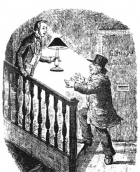
Having 'Great Expectations' of Year 9
ArticleClick to view -
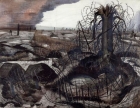
Helping Year 9 explore the cultural legacies of WW1
ArticleClick to view -

Historical and interdisciplinary enquiry into the sinking of the Mary Rose
ArticleClick to view

